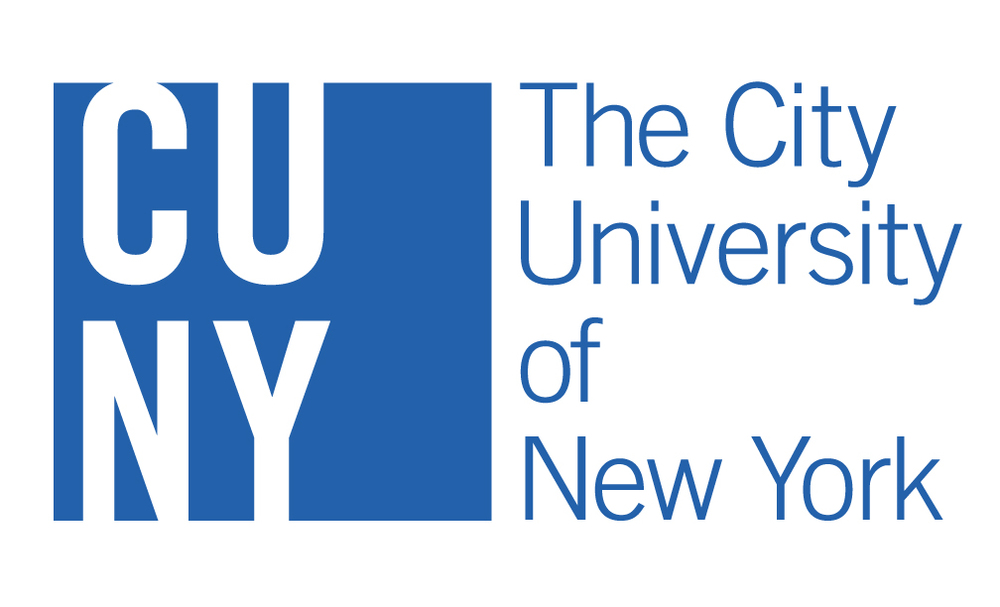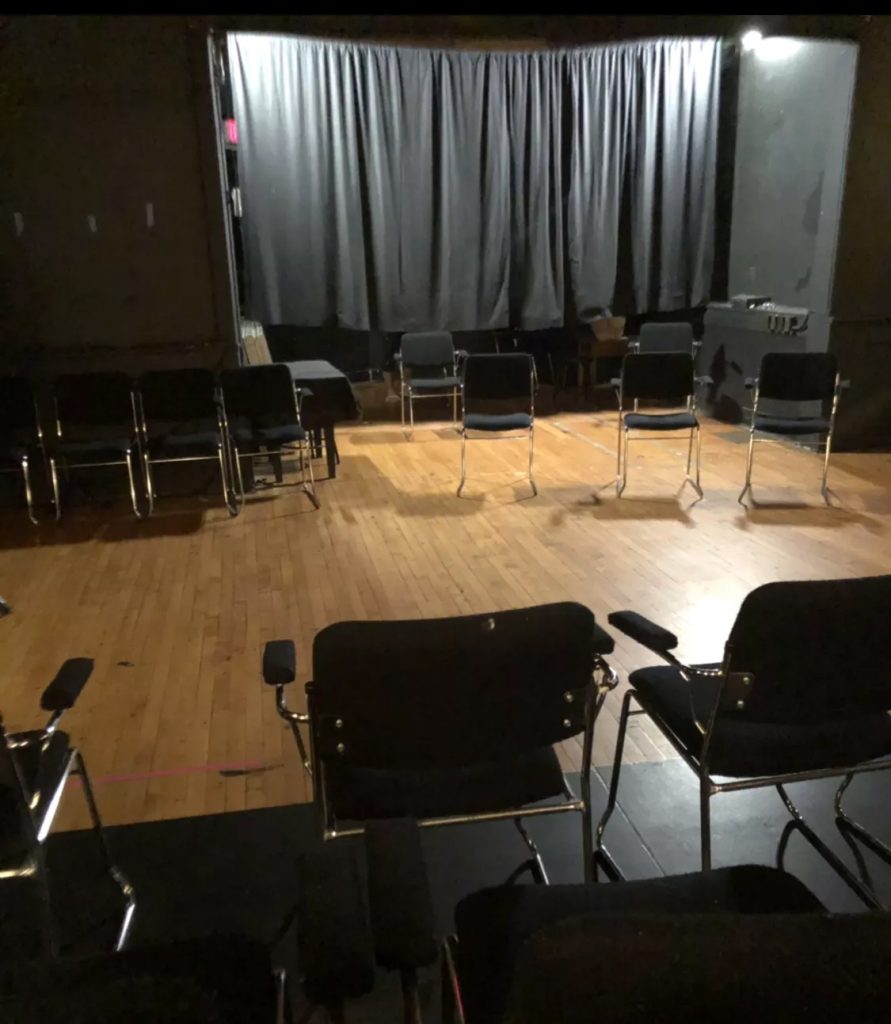By Brianna M. Abreu
Campus News
Fatima Bah is a non-traditional, first-generation student from Guinea and Senegal. Fatima immigrated to the US in November of 2019. Bah spoke with us as to how she attained opportunities and resources in a manner that was more comfortable and suitable to her needs in the United States. Accessibility to quality life was a major driving factor behind her immigration. In addition, her mother had been living in the United States for some time.
Bah attended Hostos Community College in South Bronx, NY, where she majored in civil engineering. Fatima took on civil engineering to address homelessness and housing insecurity, in addition to her interest in construction. These concerns surrounding infrastructure are issues that Bah saw in her motherland and also ring true in New York City, one of the largest metropolitan areas in the world. Bah is now on track to attend Ivy League Cornell University in Ithaca, NY, where she moved shortly after her acceptance and lives with her 5-year-old son, Mouhamed, who attends the local elementary school. Bah says they both have been enjoying the calm and progressive culture and atmosphere that Ithaca has to offer her son and herself.
As a full-time student and mother to a son, Bah is thankful for the support and community she experienced with the Kaplan Educational Foundation where she became a Kaplan Scholar. In collaboration with the Kaplan Education Foundation, students receive support throughout their undergraduate college career. Bah explained that the Foundation has maintained contact with her throughout her college career, which she attributes to why her community college felt like “home” to her. For more information on the Kaplan Leadership Scholars and how Campus News readers can apply to be a scholar, see www.kaplanedfoundation.org.
Bah (FB) was interviewed by Campus News editor Darren Johnson (DJ) and myself (BA), a student writer for Campus News, via Zoom in late August. Valerie Silverman Kerr (VK), a Kaplan spokesperson, joined the call. This interview was edited for clarity and length.
DJ: Why do you like studying in your field?
FB: I went into civil engineering because I was interested in construction. I felt I had a connection to construction as I grew up and I wanted to do more for my community.
DJ: How are your experiences in the United States in comparison to Senegal?
FB: There are a lot of opportunities available to me and I feel like I don’t have to ask myself, “Can I do it? Should I do it?” Rather, I can tell myself that this is what I’d like to do and I give it a try. The United States’ individualistic culture allows people to decide their path, and I was able to use that to my advantage in terms of my education.
BA: What was your experience like as a full-time mother and student, simultaneously?
FB: Yes, that was the most exciting part of my journey. As I was attending Hostos Community College, I was very involved on campus. I had to be a full-time student and a full-time mother. I learned that organization and scheduling are very important to stay on track. There’s not much room to sleep off, you know? It was hard, but going through it helped me become a more organized person and a more focused person because it was really what I needed to overcome that stage.
BA: Can you elaborate more on what kind of support you received as a full-time student and/or mother through your community and educational settings?
FB: Some of the support I got from Hostos Community College, is that they first saw me as a regular student, which I appreciated because I didn’t like the fact that someone would look at me and think, “You’re a parent” and give me unreasonable accommodations simply for that reason. I appreciated that I was treated like a regular student because they were able to acknowledge my identity outside of motherhood. I was also provided with childcare support and scholarships that were specifically for people in my circumstances. A lot of opportunities were also made available to me through the Kaplan Educational Foundation, and I just couldn’t be more grateful for their support.
VK: How did you learn about the Kaplan Educational Foundation, and how have they helped you in your journey?
FB: I learned about the Kaplan Educational Foundation as a freshman in my community college, through a conversation with my math professor. As I mentioned, my Hostos Community College saw the potential in me that I couldn’t see in myself at times and they came through for me. I was motivated by my counselors to apply to the Kaplan program and although I was initially intimidated, mostly full of doubt and imposter syndrome, I was able to see it through because of the support I received from my peers in that educational environment. Kaplan Educational Foundation isn’t exclusive or reserved for a specific person, with specific characteristics. They are there for a diverse range of people who want to pursue their passions through education.
BA: How has your educational and professional career influenced your son?
FB: I would say it has, with him seeing me study so much and moving around for our routine so constantly. When we previously attended the same school, me at the community college and him at the college daycare, he was very aware of that and felt a sense of pride in us, I think. It was nice because I saw how involved he is in his studies and social life in school as a result of my modeling through that structure for him. One of my favorite things is his passion for doing homework, to the point that he’ll make up homework to do.
DJ: Was there ever a time when you became overwhelmed with all your responsibilities as a student, mother, and immigrant, and felt you wanted to quit?
FB: Yes, I certainly get those moments. Especially being a first-generation student, coming from a background of people who haven’t attended school. It’s hard to be the first at something, it can feel isolating, being the first to commit to a school and education. It was honestly hard all the time during my last semester, with two jobs, being full-time in my studies, and being involved in campus. It was too much, but I never thought I could not do it. I knew it would be hard, but I had so much support around me that I knew that any impossible would be made possible.
BA: What are some areas in which you’ve seen growth in your personal or professional life?
FB: I would say I often have moments of self-reflection. Mostly during the time I’ve spent with the Kaplan Educational Foundation because I often had to do self-evaluations on my progress and give my 100% to the applications, orientations, and mentorships. I’ve come to realize the importance of self-evaluations and reflections because they are a necessity when examining our lives. For example, when writing my personal statement, I had to engage with my past and present to see how it all came up to make me the beautiful, complete person that I am today. These reflections have helped me believe in myself and realize that my doubts were fictional and on the surface. Once I embarked on that journey, I saw that I was able to let go of the doubts, fear, and stress. I embrace all parts of the process now, which is why I’ve continued my professional life past my associate’s degree. I know I can do it, I’m almost there, that was my biggest breakthrough.
BA: What is the biggest piece of advice you’ve held onto during your experiences?
FB: I have my own goals as a civil engineering student, as a person, as a woman, and as a mother. I have always tried to make my goals transparent. The hard times will come, but I’ve always been sure to make sure I can see my goal, clearly and concisely, at the end of that dark tunnel. That has helped me stay on track and not lose my way, I haven’t ever forgotten why this process is worth it. Once I made my goals clear to myself, I was able to materialize them beyond my dreams of attaining them. I always remind myself of my purpose, any chance I get, it is my motivation. I want to be remembered as a woman who took on civil engineering with a purpose; to eradicate homelessness and create sustainable sources of affordable housing for my people everywhere, to give them a second chance the same way I was given an opportunity.
DJ: How does it feel to go through your educational journey knowing that Kaplan Educational Foundation is there for you?
FB: It feels safe, knowing I have that support being a Kaplan Scholar. When it comes to education, the future, job searching, all of that feels anything but safe because things are so uncertain and out of your control. Not knowing how certain decisions can make or break your goals can fill you with a lot of anxiety. But with Kaplan support, you feel safe, supported, and serene in that they will be with you through your undergraduate career and beyond. From academic orientation, academic support, financial assistance, leadership, and mentorship, they provide their resources to you. It doesn’t matter your background or where you are in your walk of life, they have fostered a relationship with their scholars so that you can always reach out to them. It feels so good to have someone to chat, talk, and express yourself to, whether it’s about your career or education.
DJ: How often is the Kaplan Educational Foundation in contact with you?
FB: They formally reach out to me once a month, but they stay in touch in between consistently. The Kaplan Educational Foundation makes me feel like I belong to their family. They care about your progress and your journey, they let you know that you matter to them. Their support feels natural, very natural, and it is what I was looking for as a student and what I’m sure a lot of students are looking for.






Facebook Comments